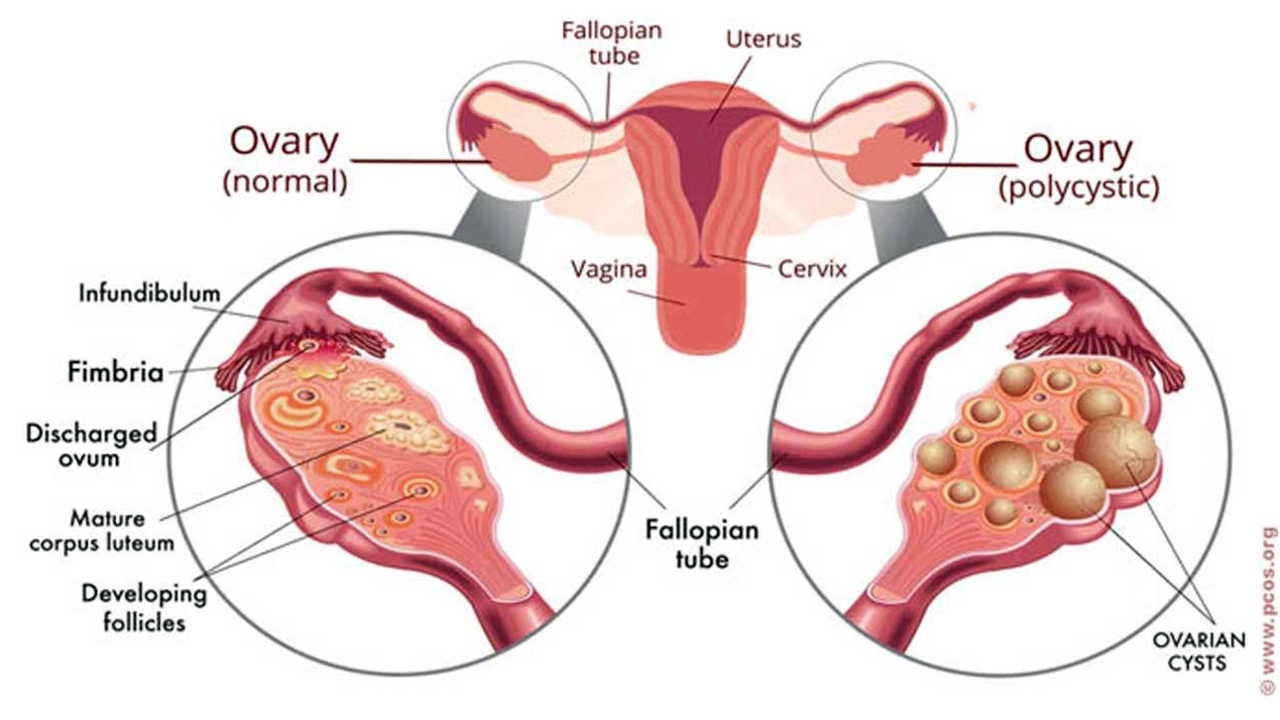Cyproterone Acetate – What It Is and Why You Might Need It
If you’ve heard the name cyproterone acetate, you probably know it’s a hormone drug that blocks testosterone. In plain words, it’s an anti‑androgen used to calm down excess male hormones. Doctors prescribe it for things like prostate cancer, severe acne, hirsutism in women, and sometimes as part of gender‑affirming therapy.
What makes it handy is its dual action: it not only blocks androgen receptors but also reduces the amount of testosterone your body makes. That double punch can shrink a hormone‑driven tumor or clear stubborn acne that won’t respond to regular creams.
Common Uses and How It Works
When you take cyproterone acetate, it attaches to the spots in your body where testosterone would normally bind. By occupying those spots, it stops testosterone from sending its signal. At the same time, the drug tells your pituitary gland to cut back on the hormone signals that tell the testes or ovaries to produce more testosterone.
Because of this, you’ll see it in three main scenarios:
- Prostate cancer: The tumor often feeds on testosterone. Lowering testosterone can slow its growth.
- Severe acne or hirsutism (unwanted hair) in women: Reducing male hormones helps the skin clear up and reduces excess hair.
- Hormone therapy for transgender women: It works alongside estrogen to give a more feminine hormone balance.
Doctors usually combine cyproterone acetate with another medication, like an estrogen pill or a prostate‑specific treatment, to get the best result.
Dosage Tips and Safety Checklist
Typical doses range from 50 mg to 200 mg per day, depending on why you’re taking it. Your doctor will start low and adjust based on how you feel and lab results. Here are some practical pointers:
- Take with food – It reduces stomach upset.
- Stick to the same time each day – Keeps hormone levels steady.
- Watch for side effects: mild fatigue, nausea, or changes in mood are common. If you notice breast tenderness, significant weight gain, or blood clots, call your doctor right away.
- Regular check‑ups – Blood tests every few months help track hormone levels and liver function.
- Avoid alcohol excess – It can increase liver strain.
If you’re buying the medicine online, make sure the pharmacy is licensed. Look for a clear prescription requirement, a physical address, and customer reviews that mention authentic packaging. Counterfeit pills won’t give you the right dose and could be dangerous.
Overall, cyproterone acetate can be a powerful tool when used correctly. Talk openly with your doctor about any other meds you’re on, because it can interact with blood thinners and certain antidepressants. Keep an eye on how you feel day‑to‑day; most people adjust within a few weeks.
Got more questions? Our hub offers easy guides on spotting legit online pharmacies, checking drug interactions, and handling common side effects. Stay proactive about your health – the right info makes all the difference.
Cyproterone Acetate for Polycystic Ovary Syndrome (PCOS): Pros and Cons
Alrighty folks, let's dive into the nitty-gritty of Cyproterone Acetate for Polycystic Ovary Syndrome, or PCOS as it's more commonly known. It's like a magic potion, right? Well, not quite. On the plus side, it can help manage those pesky symptoms like excess hair and acne. But, like a bad date, it comes with some baggage - potential liver damage and blood clots are part of the deal. So, it's kind of like a superhero with a dark side. Remember, every rose has its thorn, even when dealing with PCOS treatments!
More
